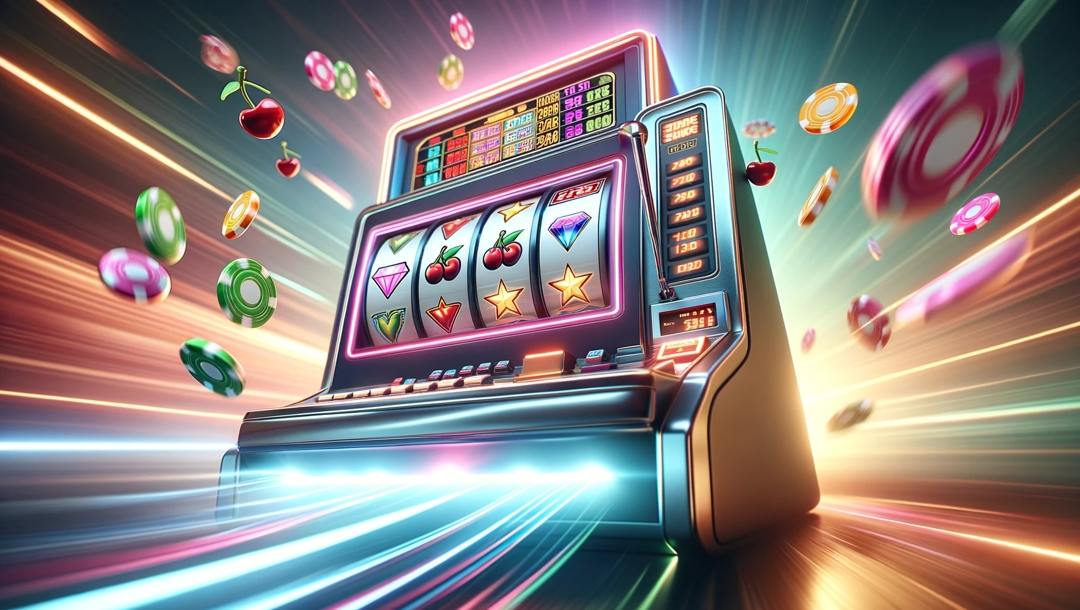Psychology of Slot Machines – Game Design Influences Player Behavior
The psychology of slot machines is a fascinating intersection of game design, behavior, and economic principles, influencing how players engage with these games and ultimately driving their spending. Slot machines are deliberately designed to create an immersive experience that encourages prolonged play. This design begins with sensory elements – the bright lights, vibrant colors, and engaging sounds are crafted to capture attention and evoke emotions. As players insert coins or bills, the machines reward them with auditory feedback reels spinning, coins clinking, and celebratory music reinforcing a positive emotional response. This phenomenon is particularly significant in slot machine design, as it can produce feelings of hope and excitement, prompting players to continue spinning in the hopes of achieving the elusive jackpot. Game designers intentionally structure outcomes to maximize this effect, often utilizing symbols that align just enough to suggest a potential win. Research in behavioral psychology indicates that this dynamic can lead to a cycle of chasing losses, where players continue to gamble in the hopes of recouping their previous investments.
Additionally, the concept of variable ratio reinforcement is central to the appeal of slot machines. This psychological principle, borrowed from operant conditioning, suggests that rewards given at unpredictable intervals are more effective at maintaining behavior than those given at regular intervals. In the context of slot machines, players do not know when they will hit a win, which creates a compelling anticipation and excitement with each pull of the lever or press of a button. This uncertainty can lead to prolonged sessions of play, as the unpredictability keeps players engaged, often for longer than they originally intended. Another critical aspect of slot machine psychology is the illusion of control. Many players believe that their actions such as how hard they pull the lever or how frequently they play can influence the outcome of the game. This belief is largely unfounded, as slot machines operate on random number generators RNG, ensuring that each spin is independent and purely chance-based.
However, the perception of control can lead players to gamble more, as they feel more invested in the outcome. Designers often play into this illusion by allowing players to interact with the machine in various ways, such as choosing bet amounts or the timing of their spins, which reinforces this false sense of agency. Furthermore, the social environment surrounding slot gacor hari ini machines contributes significantly to player behavior. Many casinos are designed to create a communal atmosphere, with clusters of machines encouraging social interaction among players. This social aspect can amplify the excitement of playing, as individuals share experiences and celebrate wins together. Additionally, the presence of other players can create a competitive spirit, prompting individuals to spend more in an attempt to keep up with others or to achieve similar wins. In summary, the psychology of slot machines is deeply rooted in the principles of game design and behavioral economics. Understanding these psychological influences can shed light on the broader implications of gambling behavior, highlighting the need for awareness and responsible gaming practices.



